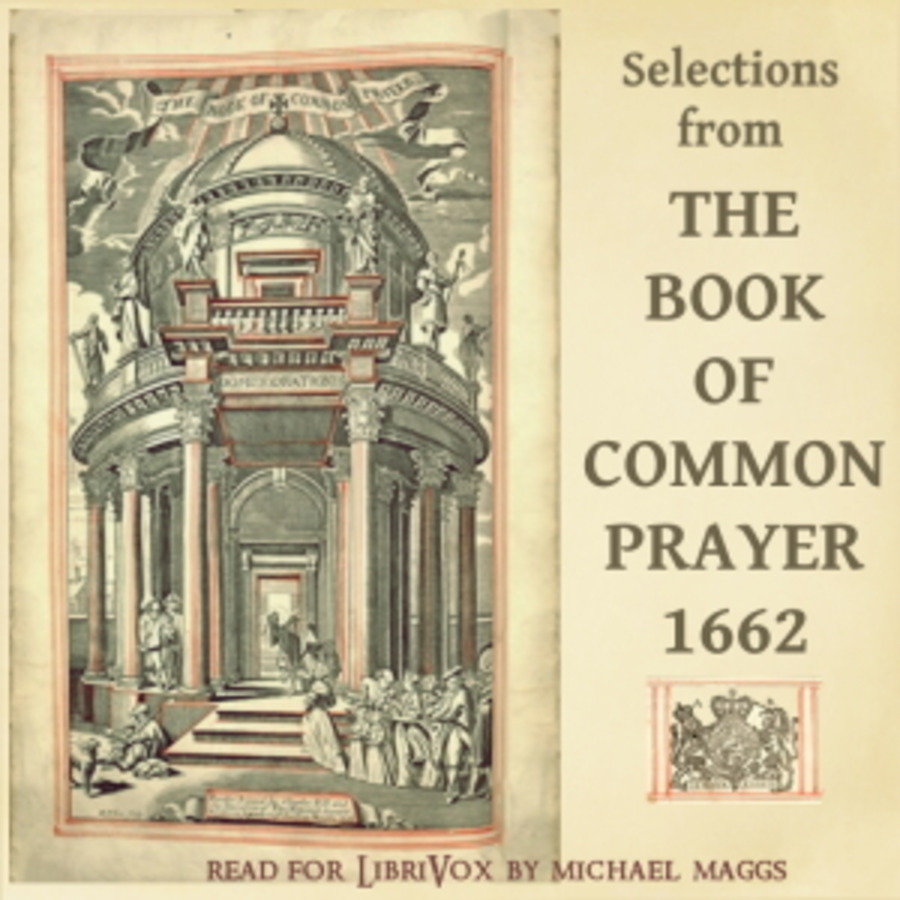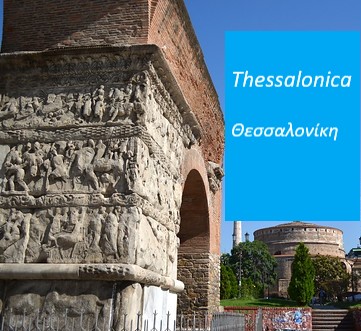Let us give thanks to the Lord our God.
Book of Common Prayer – Celebration of Holy Communion Order One in Traditional language
It is meet and right so to do.
We are bound to thank God always for you, brethren, as it is meet, because that your faith groweth exceedingly, and the charity of every one of you all toward each other aboundeth; so that we ourselves glory in you in the churches of God for your patience and faith in all your persecutions and tribulations that ye endure: which is a manifest token of the righteous judgment of God, that ye may be counted worthy of the kingdom of God, for which ye also suffer: seeing it is a righteous thing with God to recompense tribulation to them that trouble you; and to you who are troubled rest with us, when the Lord Jesus shall be revealed from heaven with his mighty angels, in flaming fire taking vengeance on them that know not God, and that obey not the gospel of our Lord Jesus Christ: who shall be punished with everlasting destruction from the presence of the Lord, and from the glory of his power; when he shall come to be glorified in his saints, and to be admired in all them that believe (because our testimony among you was believed) in that day.
Second Epistle of Paul to the Thessalonians 1:3-10
Authorized (King James) Version
A ‘Meet‘ Epistle to the Thessalonian Church
I am about to go 'formal' on you with the Authorized King James Version of II Thessalonians; therefore let us look back to the formality of Paul's long opening sentence [above] written after his formal greeting of this Epistle evoking a sense of duty of a responsive brother receiving a second Epistle of encouragement from our beloved Apostle to the Gentiles (of which you and your wife and children are part) as members of a new and growing church at Thessaloniki (as we now Anglicize it centuries after King James).
Paul’s letters or epistles would have been written to a church and VERBALLY delivered by a man leading worship at any first century church.
The common language of the Roman Empire is GREEK as it was in Thessalonica even prior to Rome’s rule.
In Macedonia (of Philip of Macedon and Alexander the Great) Greek had been made the language of Alexander’s vast Empire even as far east as the Jews had been banished to Babylon, later ruled by Persia and then Alexander.
Intro to Thessalonica via the Protestant Reformation
JUMPING centuries and millennia toward today..
At the time of the Renaissance, in this same sense under the rule of a later Empire of Great Britain the BIBLE goes into all the world (largely in English) authorized by King James of England .
Unlike an impotent inclusion of anti-Christ philosophies of this Common Era, it was a time when Kings and Queens went out to war AND Sovereigns were not only an authoritative Defender of the Faith, but also men who did determine political religious alliances with the Pope and Bishop of Rome as well as other rulers beyond the realm.
Because the governed now became literate in Scripture the Bible exposed the darkness of Rome’s frequent heretical Bishops and frequently-fallible Popes.
The King James Bible was commissioned in the year of our Lord 1609 and first published in A.D. 1611.

At the time of the Protestant Reformation the Anglican Book of Common Prayer standardized the traditional liturgy of the Roman Catholic Mass from centuries of Christian tradition in the King’s ENGLISH, replacing the ancient Latin (archaic even in Italy and its Papal States) used in its liturgy.
The common language of the King later remained as part of worship in English long after the meaning of its words were common (much as had Latin become unused beyond the Mass) and centuries after Britannia no longer ruled the waves.
Never-the-less, let us not overlook the validity of this worship, whether in Thessalonica of the A.D. first century or an American colony of Britain of the A.D. 17th century or for our present day church.
Meet our ‘word of the day’ – ‘meet‘
For many years Christians from the Anglican tradition proclaimed corporately each week as a church celebrating the Communion of the Body and Blood of Jesus Christ sacrificed for us in the following words [in part], theology imprinted upon our worshiping hearts:
- Officiant: [Priest leading Holy Communion] The Lord be with you.
- Response of the Congregation: And with thy spirit.
- Officiant: Lift up your hearts.
- Congregation: We lift them up unto the Lord.
- Officiant: Let us give thanks to the Lord our God.
- Response: It is meet and right so to do.
Before proceeding with the opening response of the priest celebrating Holy Communion I would like to PAUSE briefly here to consider the response of the worshipers.
It is meet and right so to do.
From the Hebrew Bible עֵזֶר
Lexicon :: Strong's H5828 - ʿēzer help (19x), help meet (2x).
- help, succour
- one who helps
And the LORD God said, It is not good that the man should be alone; I will make him an help meet for him.
Genesis 2:18 King James Version
Not only does Moses introduce the Hebrew equivalent of meet (as we once translated in KJV in English), the Gospel writers and Paul introduce its importance to solid theology as well.
Bring forth therefore fruits meet for repentance:
Gospel of Matthew 3:8 KJV – John the Baptist warning religious leaders
ἄξιος –axios
The KJV translates Strong’s G514 in the following manner: worthy (35x), meet (4x), due reward (1x), unworthy (with G3756) (1x).
- weighing, having weight, having the weight of another thing of like value, worth as much
- befitting, congruous, corresponding to a thing
- of one who has merited anything worthy
- both in a good and a bad sense
IS YOUR FAITH IN THE LORD CHRIST JESUS BOTH MEET AND RIGHT?
Our Christian Duty
Returning to & Continuing from the Book of Common Prayer:
- Officiant: Let us give thanks to the Lord our God.
- Response: It is meet and right so to do.
- Officiant:
It is very meet, right, and our bounden duty,
Book of Common Prayer
that we should at all times and in all places
give thanks unto thee,
O Lord, holy Father,
almighty, everlasting God,
through Jesus Christ thine only Son our Lord.
Ano Domini 51 – Paul writes a Second Epistle to the Thessalonians
a context in Paul's missions to write another Epistle
A couple of reminders to my fellow Christians of this Common Era
- A.D., used for calendars and timelines of history since about the fifth century derives from the Latin abbreviation for Anno Domini means “IN THE YEAR OF THE LORD” or “In the year of our Lord,” depending on context.
- Epistle – generally a serious letter on an important subject [Greek epistole] “message, letter, command, commission,” whether verbal or in writing
READ all about it from Acts of the Apostles 17 AKJV & The Message
The Apostle to the gentiles sends his Epistle after having clarified the commands of the Council of Jerusalem concerning worship of Jews and gentiles together as believers in Christ Jesus, the Messiah crucified and risen some twenty years ago.
Paul penned I Thessalonians to commend his faithful brethren for their stalwart dedication to Christ and to one another and to encourage them to further progress in love and holiness.
Intro to Thessalonians – AKJV [A.D. 1964]
Once Paul’s messengers deliver his
Epistle to Thessalonica they return with their report.
Paul then writes a second Epistle after the returning brothers report certain problems that are not solved. The Apostle writes to encourage believers being persecuted, to clarify the Day of the Lord, commanding them to work and to obey his Epistle.
.. as it is meet, because that your faith groweth exceedingly, and the charity of every one of you all toward each other aboundeth; so that we ourselves glory in you in the churches of God for your patience and faith in all your persecutions and tribulations that ye endure..
II Thessalonians 1:3b-4 AKJV
II Thessalonians
– To Be Continued… God-willing
Comment on Scripture + Share the Gospel


Leave a Reply